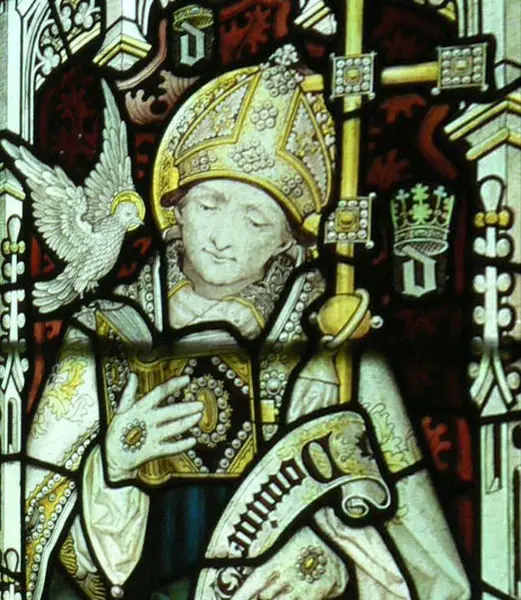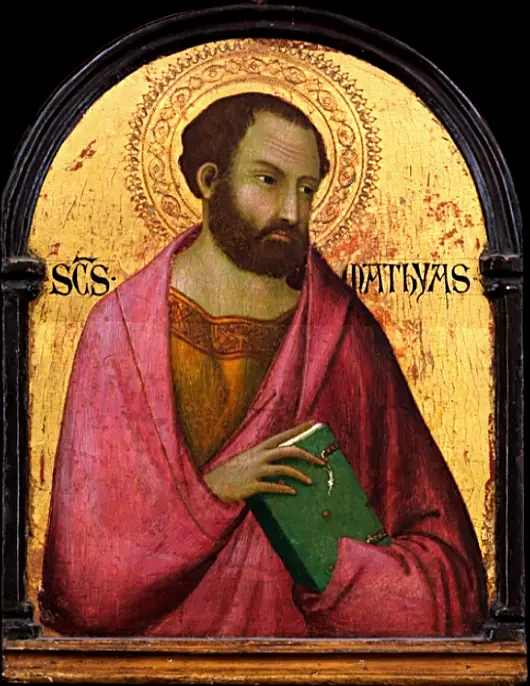 Lent was, and is, the lead-up to Holy Week and it lasted six and a half weeks. In Tudor times, it was a period of fasting, a time when meat, eggs, cheese and sexual relations were forbidden. Prior to this fasting was a time of celebration, Shrovetide, which began on the seventh Sunday before Easter, a day known as Shrove Sunday. The word “Shrove” came from “shriving”, the confession of sins and the receiving of absolution for them.
Lent was, and is, the lead-up to Holy Week and it lasted six and a half weeks. In Tudor times, it was a period of fasting, a time when meat, eggs, cheese and sexual relations were forbidden. Prior to this fasting was a time of celebration, Shrovetide, which began on the seventh Sunday before Easter, a day known as Shrove Sunday. The word “Shrove” came from “shriving”, the confession of sins and the receiving of absolution for them.
The three days of Shrovetide – Shrove Sunday, Collop Monday (a ‘collop’ being a piece of fried or roasted meat) and Shrove Tuesday – were the last opportunity to use up those forbidden foods and to have some fun. Shrove Tuesday, the last day before Lent, was marked with court celebrations and entertainment such as jousting, plays, music and masques. Alison Sim, in Pleasures and Pastimes in Tudor England describes one Shrovetide entertainment, “threshing the c*ck”, which consisted of tethering a c*ck and then people trying to kill it by throwing things at it. A prize was given to the person who killed it. Sim also writes of how “sometimes the c*ck was buried with just its head sticking out of the ground and then blindfolded people would try to kill it with a flail.” Not nice.
Thomas Tusser wrote of this in Elizabeth I's reign:
At Shroftide go shroving, go threshe the fat hen,
If blindfold can kill her, then give it thie men.
Games of football were also traditionally enjoyed on Shrove Tuesday. If you've seen my Claire Chats video on Outside Tudor Games then you'll know just how dangerous Tudor football was. There were deaths from rough tackles, collisions, knife wounds from playing with a knife tucked into one's belt. One teenager was killed from a fall after tripping over a molehill. Alnwick, in Northumberland, still have a special Shrove Tuesday game of football, which, according to Alnwick Castle website, takes “the form of a historic and brutal football match on the pastures behind the castle, during which the players aim to score 'hales' on a one-furlong long pitch.” Atherstone, in Warwickshire, also keeps the tradition going, a tradition that dates back over 850 years and which has never been missed in all that time. According to BBC Coventry and Warwickshire, every year on Shrove Tuesday Atherstone's windows are boarded up and hundreds of people gather in the village “to knock seven bells out of one another in an attempt to grab hold of a heavy leather ball”. Go to Atherstone on Shrove Tuesday at your peril!
Ash Wednesday was the first day of Lent and was a day of penitence. Before the Reformation banned the practice, priests would bless ashes, which were traditionally made from burning the previous year's Palm Sunday 'palms', mix them with holy water and then mark the congregation's foreheads with the sign of the cross in ash. As the priest did this, he would say “Remember, man, that thou art dust and to dust thou shalt return.”
In churches during Lent, a Lent veil would hide the chancel from the nave and cloths would cover the lectern and altars. These cloths and veils symbolised the hiding of the way to salvation. The Lent veil would remain in place until the Wednesday of Holy Week when the priest would read out the passage from the Bible concerning the veil in the Temple in Jerusalem.
Pancakes were a way of using up eggs before Lent so eating pancakes became a custom in many countries. In the UK, pancake races became a way of using up the rich food forbidden during Lent and also having fun. The traditional pancake race of Olney in Buckinghamshire is said to date back to 1445. The story behind the tradition is that a housewife was busy making pancakes when the churchbells rang for the service. The lady was in such a rush to get to the service that she allegedly ran to church with her frying pan and pancake, tossing the pancake as she went!



Leave a Reply